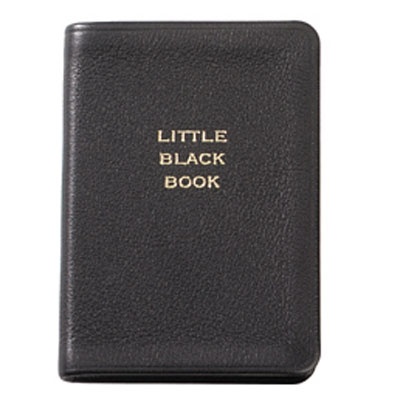In broad terms, a publicist wants to know why you are interesting. For authors – who usually want to be appreciated for their work, not their personalities – this can be a difficult thing to deal with.

In broad terms, a publicist wants to know why you are interesting. For authors –who usually want to be appreciated for their work, not their personalities –this can be a difficult thing to deal with.
For a seminar organised by the Society of Authors, Tony Mulliken of Midas PR, a company that specialises in working within the publishing industry, helped me with the following list of ten vulgar questions to which a publicist would like to know the answer:
- Can you talk as well as write? Would you interview well?
- What useful contacts do you have?
- What’s dramatic about you? What have you done in the past that could be turned into a useful story?
- What hobbies, or better still obsessions, do you have that could be made to sound interesting?
- Who are your enemies? (Controversy can be wonderful for getting publicity.) What kind of trouble have you run into in the past?
- Would you be willing to write articles for no money?
- Where do you live and what do your neighbours think of you? Are you willing to open your house up to the media?
- What is your relationship like with your family? Famous parents can be very useful, as can ‘black sheep relations’ happy to bring a private dispute into the public domain.
What is the most difficult type of author to promote from a publicist’s point of view?
Someone who:
- Sees their book as their final statement and won’t add anything to it
- Clams up when confronted by the media
- Complains constantly about what has not been achieved rather than acknowledging the effort that has gone into the process; never says thank you for what has been achieved
- Is immensely suspicious
- Has no sense of humour
- Doesn’t respond to media interest immediately – if you delay, they will be onto the next story.
Comments